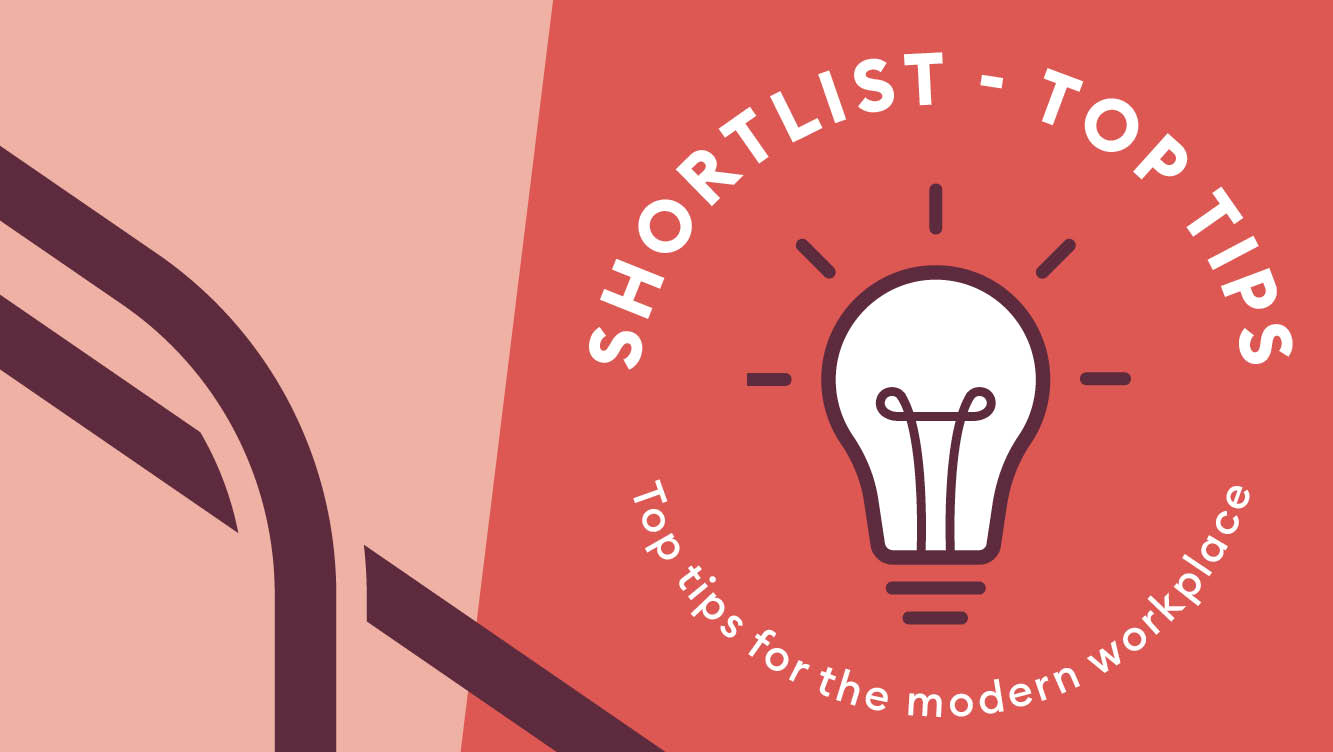School of Life founder Alain de Botton explains why there should be more philosophers in the boardroom.
1. Our society has made a rather unhelpful link between novelty and importance.
The news media is based on the idea of selling us new stuff. Sometimes the old is important too. We may need to go backwards, but people are scared to do that.
We think, “I haven’t read a paper today, so I’m not a fit human being”. But if we properly understood eternal bits of human nature, we are better armed for the world.
We have allowed ourselves to be intimidated by the narrative of technology.
2. To live in the modern world is to live in fear that we have missed something – that innovation, that party, that development.
We are constantly trying to work out how we can be future-proof and insulate ourselves from change.
Technology is so fast paced – the mobile phone changes every six months. But books written in the 18th century are more up to date than the iPhone. They are leaning on human nature and that’s why they are future-proof. I urge you to look back and adopt a cycle of psychology – you can be as current as Silicon Valley.
3. If you want to be a good leader for tomorrow, you need to be a thinker leader.
Plato famously said that the world wouldn’t be right until kings were philosophers or philosophers were kings. He meant that the world needs a proper alliance of strategic rational thought and executive capability – too often we have a division between those who think and those who do.
People tend to defer to what others are thinking in the hope that we will be well informed so we are insulated from the catastrophe of change. But you are missing out on a major data source – yourself. Our brains may be the best research tools, but you rarely have a conversation with yourself. Taking time to step back and address big questions like ‘what am I trying to do?’ and ‘how do I feel about it?’ is so important.
4. There are not enough philosophers in the boardroom.
There is a fierce resistance to higher order questions such as “what are we doing?” and “where is this going?” – much as in daily life. Humans are much better at climbing Mount Everest than wondering why we are climbing it.
We should create a structure to help facilitate the process of thinking. Surround yourself with people who are good at thinking. It’s surprising how few organisations have thinkers on their team.
We need regular occasions where major bits of strategy are mulled over and conclusions are properly digested. Ensure there are enough voices around the table speaking from different eras and perspectives.
5. One of the biggest impediments to productivity is employees.
They might be stuck in their ways or get bogged down in the negative – office gossip is undigested frustration and anger.
We need an office where reasons for gossip have been properly dealt with… we need emotionally intelligent organisations. Most companies pay more attention to logistics and processes than the mental health of employees.
6. There’s a lot of emotionally immature behaviour in the workplace.
In most offices, the tool is the review process; managers try to pick up on patterns of behaviour, but they are not skilled professionals, so no change really happens.
In an ideal office environment, information about individuals would be handled by professionals who act as ‘psychological ambassadors’. They would be employed to get very difficult messages between factions and camps without anyone blowing up or getting upset.
7. The workplace can help you mature.
We think a lot about skills, but office life could teach us how to be a more mature human and we don’t look at that enough. The disciplines and stresses of working alongside others are a great testing ground of trying to become more mature.

